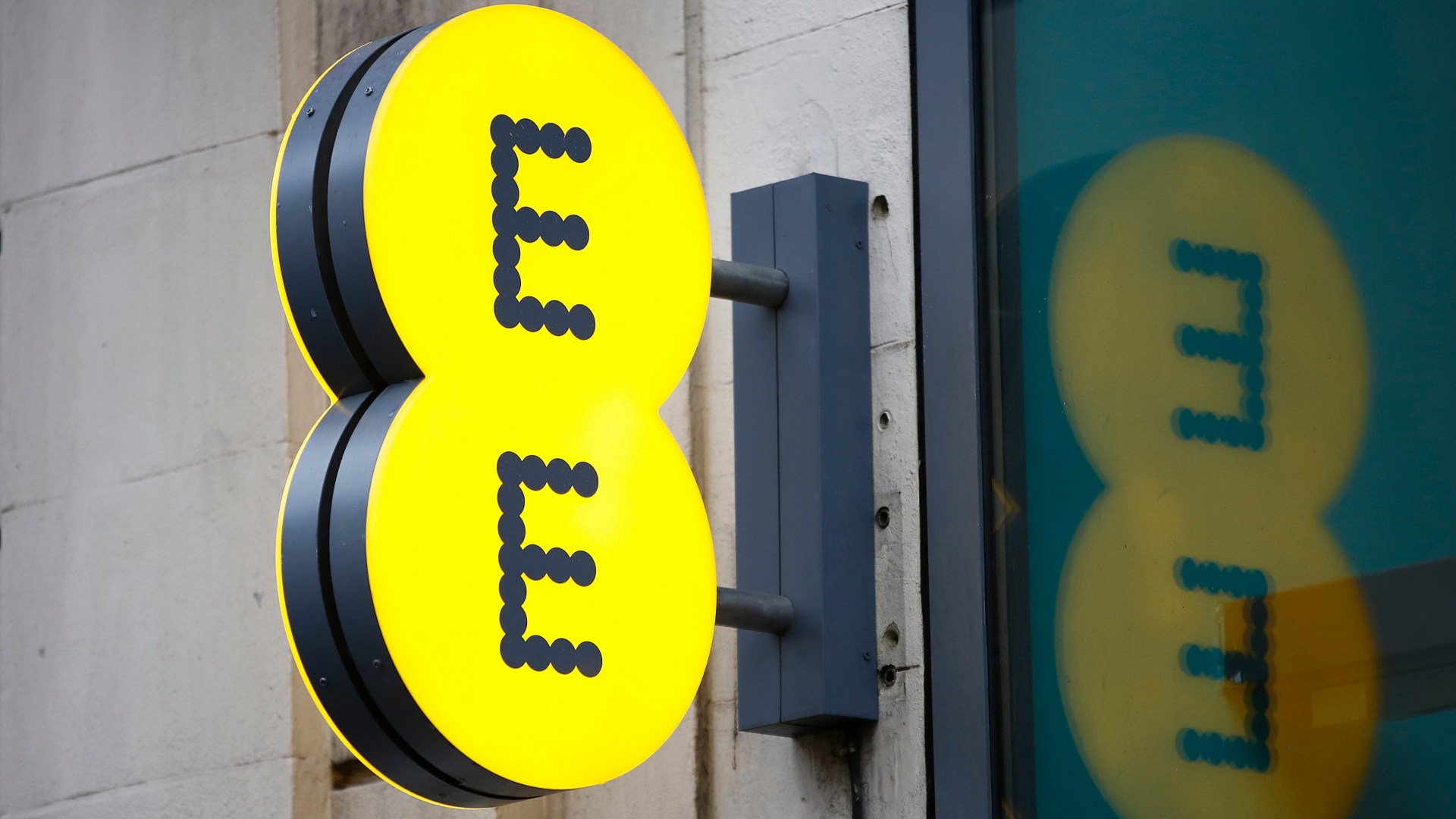The U.S. housing market has experienced unprecedented changes since the onset of the COVID-19 pandemic. Just 2.5% of homes changed hands in the first eight months of 2024 — the lowest turnover rate in at least 30 years, according to a recent analysis by Redfin. This stagnation is part of the challenge faced by potential homebuyers and sellers alike, as they grapple with a combination of record-high home prices and elevated mortgage rates.
From January 2020 through August 2022, the price of the typical U.S. home increased by 40%, according to the Zillow Home Value Index, pushing the median sales price of an existing home to $416,700 in August 2024, according to the National Association of Realtors.
While the overall housing market has slowed, some areas have experienced a more pronounced downturn than others. Jarred Kessler, CEO of residential sale-leaseback solutions provider EasyKnock, predicts that these regional disparities will become even more pronounced in the coming years.
“What I actually do have pretty strong conviction of a more pronounced discrepancy between markets that are strong and doing well versus those that are not,” he says.
Regional Disparities Intensify
Kessler’s view aligns with recent data showing that metropolitan statistical areas in the South and the West have experienced the most significant growth in prices since the pandemic started. California appears to be bearing the brunt of the slowdown, with 7 of the 10 metro areas experiencing the lowest turnover levels located in the Golden State. Los Angeles, in particular, has seen the lowest turnover rate of any metro area analyzed by Redfin, with just 15 of every 1,000 homes changing hands — a 32% drop from the same period in 2019.
Jeremiah Vancans, a Los Angeles-based Realtor with Compass, attributes this trend to a combination of factors. “In a place like Los Angeles, wages aren’t keeping up with housing prices,” Vancans explained to CNN. “There is not that much new construction inventory hitting the market, and when it does, it’s not at entry-level prices.”
On the other end of the spectrum, Sunbelt cities and areas within commuting distance of New York City have offered homebuyers a larger pool of options. Phoenix, for instance, saw more homes change hands than any other metro area in Redfin’s analysis.
The regional disparities observed during the pandemic and post-pandemic eras aren’t entirely new. A study of home price data since 2000 reveals that the recent run-up in prices is an acceleration of trends that started in the recovery from the late-2000s housing bust.
For most of the 2010s, home price growth was faster in the West and South than in the Northeast and Midwest. The pandemic accelerated this trend, with the South experiencing the fastest rate of home price growth in the country. Consequently, the South is now closer to the Northeast in terms of home prices than it is to the Midwest, making the Midwest easily the most affordable part of the country.
The Interest Rate Factor
The Federal Reserve’s recent decision to cut interest rates after a prolonged period of increases has injected a new dynamic into the housing market. Mortgage rates have begun to fall in anticipation of further rate cuts, with the average 30-year fixed mortgage rate dropping to 6.08% in the week ending Sept. 26, according to Freddie Mac.
While this represents a significant decrease from the recent peak of 7.79% hit last fall, it remains higher than the average mortgage rates seen in the nearly 14 years between 2008 and 2022. This elevated rate environment has contributed to what experts call the “lock-in effect.”
“There has been very little incentive for people to sell homes,” explained Redfin’s economic research lead, Chen Zhao. “That very low inventory on the market was one of the primary drivers of there being so little turnover.”
According to the Consumer Financial Protection Bureau, nearly 60% of the 50.8 million active mortgages have interest rates below 4%. This disparity between current and historical rates has made many homeowners reluctant to sell, further constraining inventory and driving up prices.
The Supply Challenge
A shortage of new home construction has exacerbated the issues facing the U.S. housing market. Experts estimate that the country needs to build more than 2 million homes to meet growing demand. This supply-demand imbalance has pushed home prices to record highs in many regions.
Kessler believes that addressing this supply issue will require cooperation between the public and private sectors. “I think the more folks in the government and the private sector partner up, I think the better things can become,” he states. “And I think that’s one of the things that could change the landscape of the housing market.”
However, the EasyKnock CEO also cautions against using the housing market as a political tool. “The biggest problem is the middle class is being used as pawns in these elections,” Kessler argues. “And I think at the end of the day, it’s too much talk. If you want to help these people, you should encourage incentives to help them.”
Alternative Solutions
In response to the challenges facing the housing market, companies like EasyKnock have developed alternative solutions to help homeowners convert the home equity they’ve accumulated. The company’s sale-leaseback model allows homeowners to sell their property to EasyKnock while continuing to live in the home as renters, with the option to repurchase the property in the future.
Kessler sees this approach as particularly beneficial for middle-class homeowners who may be struggling with high levels of personal debt. “I think if people have built up equity and they’re running a lot of personal debt they need a new solution,” he explains.
The sale-leaseback model offers several advantages for homeowners, including the ability to convert their home equity without moving, avoid real estate broker fees, and potentially benefit from future appreciation in home value. EasyKnock has also committed to capping annual rent increases at the greater of 2.5% or the consumer price index, providing some stability for those who choose this option.
Getting to a Healthy Housing Market
The future of the U.S. housing market remains uncertain, with experts predicting a long road to recovery. “Getting to a healthy housing market is very hard from this point,” said Redfin’s Zhao. “I think the answer is either some variation of, you need a huge amount of supply right to come on, whether that’s new construction, or we somehow unlock existing homeowners.”
Zhao estimates that it may take five to 10 years before the housing market begins to resemble its past state. In the meantime, regional disparities are likely to persist, with some markets recovering more quickly than others.
For his part, Kessler remains cautiously optimistic about the potential for innovation in the housing sector. “There should be a demand for innovation and support of innovation and choice,” he says. “I think that’s one of the things that could change the landscape of the housing market.”







































































































































You must be logged in to post a comment Login